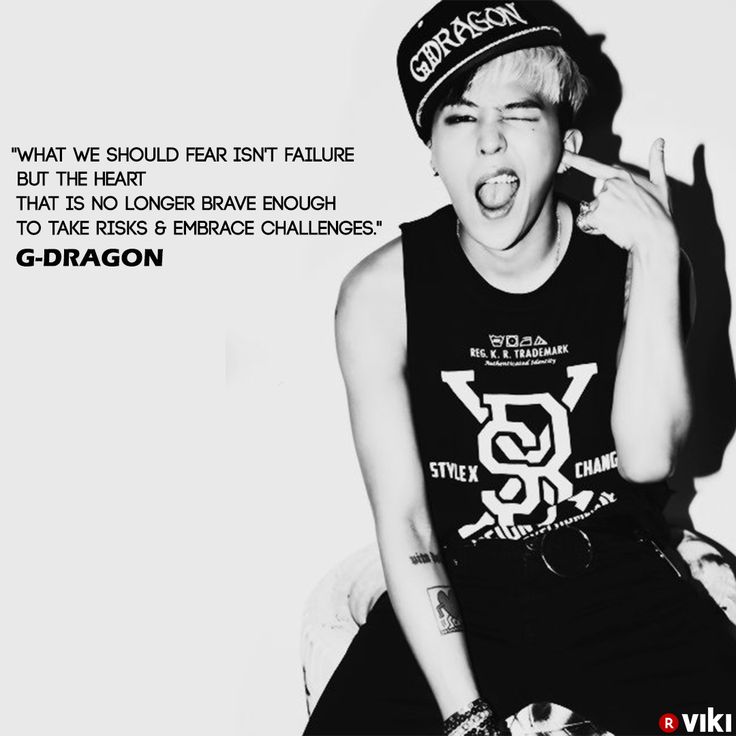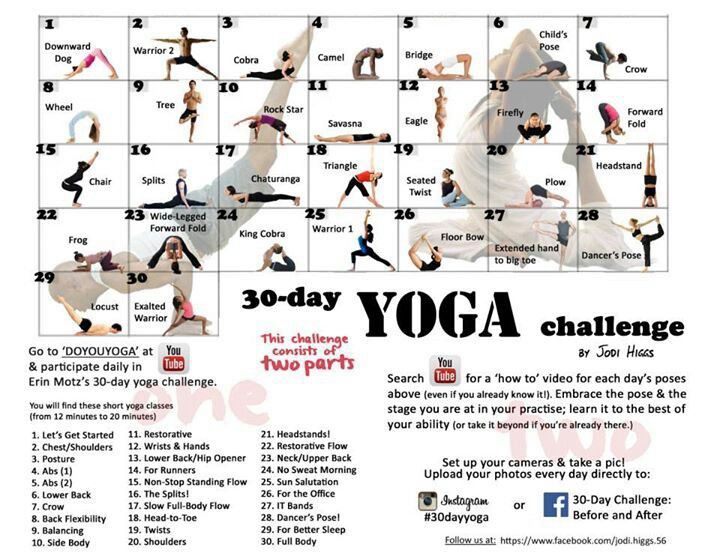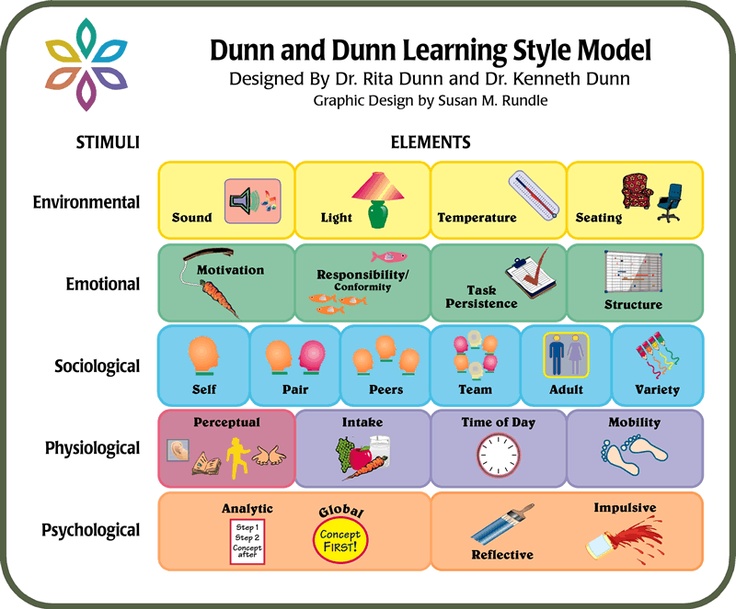Embrace the challenge
Welcoming Obstacles and Embracing Challenges » Be Strong
Hello, friends! We recently began not only a new year, but a new decade. People commonly make New Year’s resolutions, like starting or continuing good habits, changing not-so-good habits, accomplishing a goal, or otherwise making personal/professional improvements throughout the year. Though you don’t have to make any resolutions, we want you to be prepared for the obstacles & challenges that will come.
No matter who you are, you will definitely face challenges. It can be tempting to view life’s obstacles negatively, as they tend to be unpleasant and slow us down. Resist the temptation!
Try to embrace the challenges you face. They specialize in pushing us out of our comfort zones to increase our growth and broaden our thinking. In actuality, the negative feelings that come with challenges are more like growing pains.
Let’s look at this another way. Think about physical strength. To build bodily strength and endurance, you must apply a bit of resistance to your muscles. Challenges produce resistance, which develops inner fortitude, which is defined as courage in pain or adversity.
A challenge is a situation of being faced with something that needs great physical and/or mental effort to overcome. Challenges are excellent opportunities for growth. As you go through them, you become stronger. The next time you encounter a similar problem, you’ll be better equipped to handle it quicker and with less effort.
I am who I am because of everything that has happened, not in spite of it.
Tips to accepting adversity and overcoming obstacles
Instead of looking at your struggle as a curse – view it as a platform. You are where you are for a reason. Allow it to inspire other people. The obstacles and challenges we encounter have the potential to teach others to excel when they are faced with adversity.
When someone mistreats you, acknowledge your pain and allow yourself to forgive. The weight of unforgiveness is huge… but only for the person carrying it. Don’t let that be you!
Don’t let that be you!
Learn from your experiences. Every time you overcome an obstacle, you become more empowered. It lifts you up, makes you stronger and makes it easier for you to overcome the next one. If you surrender to the challenge and the difficulties that come with it, it will be even more difficult next time. It’s just like building muscle – the more you train, the stronger you become.
Benefits of embracing challenges
Obstacles give purpose by revealing the parts in us that need improvement. They can reveal to us what is inhibiting our overall growth. The best way to overcome a problem is to lean in and face it directly. Learn from what challenges you and ultimately move past it!
Facing obstacles may not always be the most pleasant, but they do not necessarily prevent us from reaching our goals. They can guide us in where to go next.
Obstacles shift our perspective by equipping us to handle what is thrown our way. Choose to view your setbacks as opportunities for self improvement.
When facing challenges, your mindset is key. Practice intentional positivity in spite of adversity. When you stop dwelling on what is wrong, you allow the possibility for things to go right. Instead of committing to self-defeating negativity, choose to adopt a positive mindset and grow into the best version of yourself!
“It is not what happens to us that determines our fate, but rather what we do about it that makes the difference.” -Leon Ho
Welcoming a new year and decade
In order to feel elevated, energized and ready for the new year and decade, get prepared. First, create some space to focus on your goals. Creating space can either be done mentally or in the physical space around you. Next, welcome positivity around yourself and watch how it impacts your energy for the better.
Think about where you are right now. What do you want or want to change? What are you doing to make it happen? If what you are doing cannot help you to get where you want to be, is it worth doing? It’s important to evaluate your goals and steps, from time to time, to make sure you are stepping towards your goals.
Stay organized by prioritizing, scheduling and following through. You can even create a reflection list. Think about what has challenged you in the past. How did you overcome those challenges? Start with preparation and be deliberate with your action.
Look back to get ahead because the best teacher is experience. Often, our toughest challenges will become our biggest lessons.
Continue to chase your dreams and think big. Be open to new opportunities and remember, a new year (and decade) means new opportunities!
Nearly everyone has had traumatic experiences. It’s important that we overcome, not just for our own well-being, but for the sake of others. Allow difficulty to develop your character – become better, not bitter. What you go through and grow through is never just for you.
“Your pain can grow into an empathy-fueled purpose and passion to help others.” Mark Merrill
Embrace Life as a Challenge to Pursue, Not a Threat to Avoid
Source: Rodrigo, used with permission
The ability to respond to our lives as a challenge separates us from our primitive forbearers because our evolved brain gives us the opportunity to resist our most basic instincts (though not easily). The fundamental goal behind the challenge response is to pause rather than act instinctively, deactivate the amygdala, engage our cerebral cortex, and figure out a way to act on and react to our lives in healthy and productive ways. More importantly, we now strive not only to survive, but to thrive in our lives: find meaning, pursue toward dearly held goals, experience joy, and connect deeply with others.
The fundamental goal behind the challenge response is to pause rather than act instinctively, deactivate the amygdala, engage our cerebral cortex, and figure out a way to act on and react to our lives in healthy and productive ways. More importantly, we now strive not only to survive, but to thrive in our lives: find meaning, pursue toward dearly held goals, experience joy, and connect deeply with others.
This challenge mindset goes beyond simply creating a physical and psychological state that enables you to direct all of your resources to removing—or at least minimizing—the threat that you may perceive in your life. Living your life driven by challenge allows you to view it as filled with opportunities to be embraced rather than potential misfortunes to recoil from. With this challenge perception, you are focused on engaging your life with commitment, confidence, and determination while minimizing counterproductive thinking and emotions such as doubt, worry, or fear. Challenge is associated with welcoming all that life has to offer and immersing yourself “hip deep” in the experiences it presents to you (both affirming and difficult), rather than obsessing about possible harm that might result. This “can do” (rather than “what if”) state acts as the foundation for an opportunity psychology by creating a positive lens through which you view and experience your life.
This “can do” (rather than “what if”) state acts as the foundation for an opportunity psychology by creating a positive lens through which you view and experience your life.
The challenge perspective evokes in you a vastly different emotional response than the threat reaction. Instead of the negative, unpleasant, and unhelpful emotions that are part of the threat reaction (e.g., fear, frustration, anger, and despair), challenge emotions include hope, pride, inspiration, and equanimity. These much more pleasant and productive emotions propel you toward embracing, rather than avoiding or sabotaging, your life.
In turn, these emotions activate a physiological state that better prepares you for responding positively to the complex nature of our modern-day lives. Unlike the intense and uncomfortable physical changes associated with the threat reaction (fight or flight), the challenge approach leads you to feel physically comfortable and in control of your physiology. You may feel relaxed yet energized or, perhaps, even fired up to take on your life.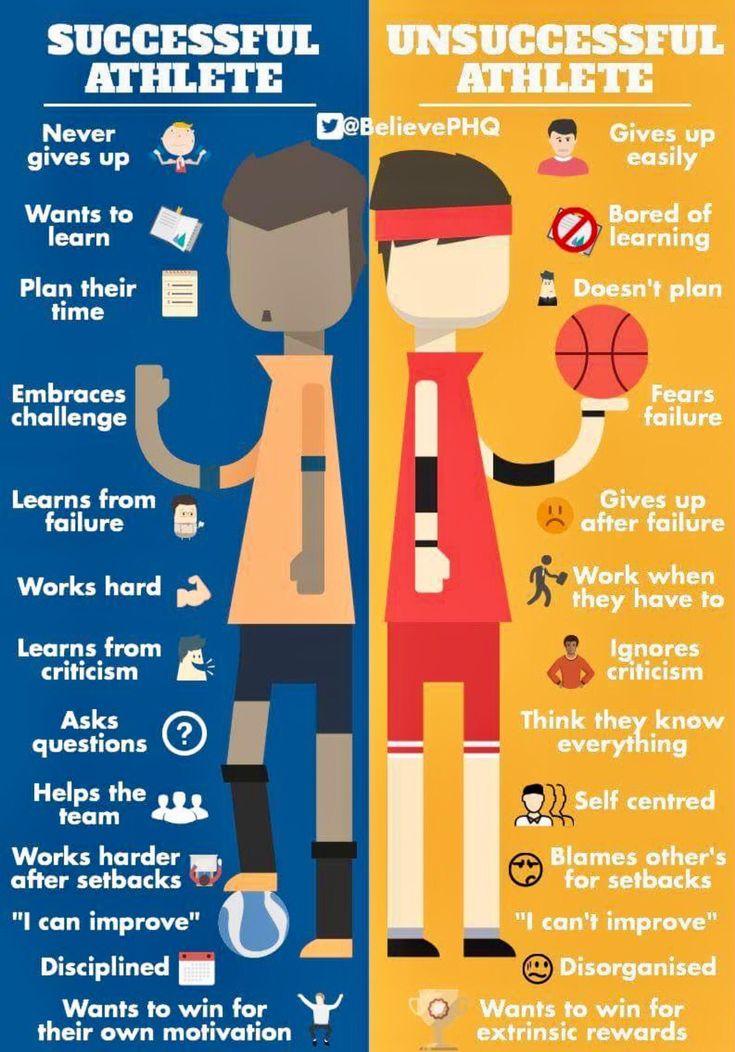
This calmer condition allows your mind to be clear, open, and intentional. You will be confident that you have the capabilities to surmount whatever life presents to you. Maintaining relative calm in the maelstrom that can be normal life these days enables your pre-frontal cortex to focus on what’s important in your life: analyze possible options, connect with your values and priorities, set goals, make sound decisions, plot appropriate courses of action, and pursue them with vigor that wouldn’t be possible in the frenzied state of the threat reaction.
Responding With Challenge
Your ability to make the complete transition from viewing your life as a threat to your life as a challenge relies on welcoming and ingraining certain beliefs about yourself. These beliefs act to override the threat instinct when confronted by a difficult life situation. By their very nature, these perspectives remove the deafening alarm of threat—think Chicken Little, “the sky is falling”—and replace it with a battle cry of a challenge—think Paul Revere, “the British [opportunities] are coming.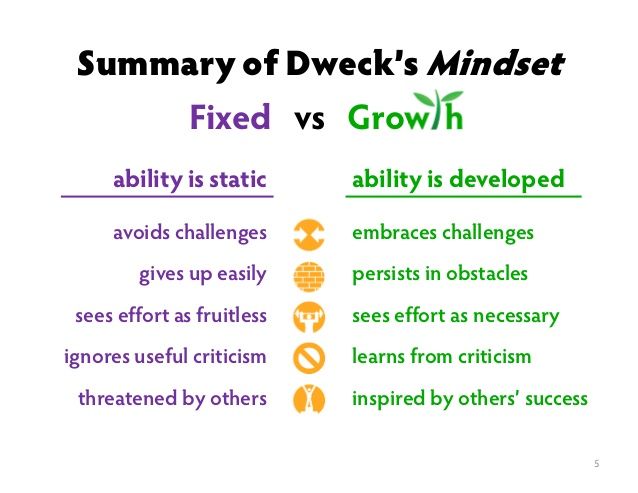 ” I have identified five such beliefs that lay this foundation. One thing to note about these beliefs is that they build on one another from the first to the last.
” I have identified five such beliefs that lay this foundation. One thing to note about these beliefs is that they build on one another from the first to the last.
I am competent. One of the most threatening aspects of life is the feeling of being over your head and out of control. In other words, feeling like you’re not capable of surviving, much less thriving, in your life. When you have a fundamental faith in your capabilities, you believe that you have what it takes to surmount anything that comes your way. This belief in your fundamental competence acts both as a scaffolding upon which you can build your life and as rocket fuel to propel you forward in the direction you want your life to go. This sense of competence can be both specific and general. In an ideal world, you would possess the specific capabilities to deal directly with every aspect of your life. For example, it would be great if you were a lawyer when faced with a legal issue or a physician when confronted with a health problem.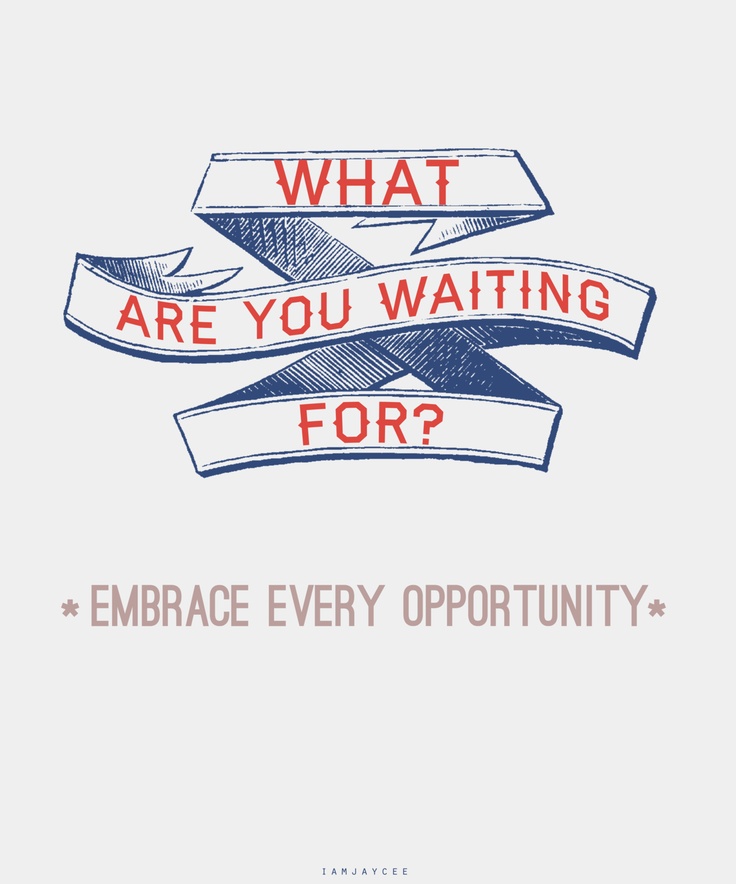
Unfortunately, specific competencies rarely align with the many complexities of life that are found in the 21st century. In that case, having a general sense of competence (“I can handle this”) provides a feeling of confidence and comfort that will allow you to constructively navigate your life and whatever it presents to you. With a resilient belief in your competence, you remove the potentially intense threat that is often associated with the perception that you aren’t capable of handling your life. You can then calmly and intentionally focus on mustering your resources to direct your life where you want it to take you.
I am responsible for myself. This belief in ownership of yourself (which starts with a sense of competence) results in your ability to see that how you respond to your life—what you think, feel, and do—is up to you and will frequently determine how your life impacts you. It prevents you from falling into a victim mentality where you feel ineffective and helpless, and, as a result, are either passive or reactive in your life. As a result, you believe that how life affects you is within your control even though you may not have control over the events that arise in your life. As such, you take responsibility for your responses, look inward for strength and direction, and decide for yourself how you will move forward in your life.
As a result, you believe that how life affects you is within your control even though you may not have control over the events that arise in your life. As such, you take responsibility for your responses, look inward for strength and direction, and decide for yourself how you will move forward in your life.
I am determined. One of the most common reactions, when confronted by a difficult situation that presents itself in life, is to surrender to what might seem inevitable. Yet, a steely resolve and an unwavering determination are what will drive you to persist in the face of the potentially formidable obstacles that life often throws in your path. That persistence is what often separates those who survive and even thrive in their lives from those who don’t. This determination draws its energy from the two previous beliefs because, if you see yourself as competent and take ownership of your life, then you will believe that you can overcome whatever life throws at you if you persist. With these beliefs, you will harness and focus your energy with your fullest efforts toward a positive resolution of life events, regardless of potential obstacles and the uncertainty of the outcome.
With these beliefs, you will harness and focus your energy with your fullest efforts toward a positive resolution of life events, regardless of potential obstacles and the uncertainty of the outcome.
I can handle adversiy. By its very nature, life is rife with adversity; whether physical, psychological, financial, interpersonal, or what have you. Your belief that you can overcome whatever adversity you are faced with is essential to seeing it as a challenge rather than falling victim to your threat instinct. In addition to the previous beliefs that lay the foundation for this belief, you can develop an “I can handle adversity” belief in several ways. First, you can cultivate this belief by reflecting on past experiences in which you’ve marshaled your resources and succeeded in overcoming adversity in your life. These experiences demonstrate to you that you were capable of overcoming past life difficulties and you’ll have what it takes this time. Second, because it’s unrealistic to think that you will have previous experience specific to every life situation you will face, you’ll need to tap into your general knowledge, abilities, and tools to handle new adversity in your life.
I can effect change. The above four beliefs act as the wellspring for the basic, yet powerful, belief that you can catalyze positive change in response to anything that your life presents to you, even when its sheer size or force may seem to preclude such change from occurring. Realistically, due to the intangible, complex, and oft-times incomprehensible nature of life today, the change that you seek is often outside of your control. So, depending on the type of life situation you are in, when I speak of change, I am referring to not only the external aspects of your life that impact you, but, just as importantly, your beliefs about your ability to choose the way you think, feel, and act in response. The belief that you can effect change arises from your experience, knowledge, capabilities, tools, and support that you bring to bear as you face your life head-on.
In sum, when you embrace these five fundamental beliefs, you create in yourself a foundation that enables you to live your life with confidence, courage, and determination, and without excessive doubt, worry, or fear. This foundation allows you to let go of your primitive instincts, disconnect from your amygdala, fully engage your evolved brain, and access the entire arsenal of capabilities that you possess. In turn, you will be prepared to respond positively to whatever life throws at you, even in the direst of situations. Finally, in adopting these five beliefs, you complete the transition from threat reaction to challenge response and are one step closer to viewing your life as filled with opportunities to create a life of your choosing.
This foundation allows you to let go of your primitive instincts, disconnect from your amygdala, fully engage your evolved brain, and access the entire arsenal of capabilities that you possess. In turn, you will be prepared to respond positively to whatever life throws at you, even in the direst of situations. Finally, in adopting these five beliefs, you complete the transition from threat reaction to challenge response and are one step closer to viewing your life as filled with opportunities to create a life of your choosing.
Meaning, Definition, Suggestions . What is it to accept a call
- Online translator
- Grammar
- Video lessons
- Textbooks
- Vocabulary
- Professionals
- English for tourists
- Abstracts
- Tests
- Dialogues
- English dictionaries
- Articles
- Biographies
- Feedback
- About project
Examples
Meaning of the word "ACCEPT"
See all meanings of the word ACCEPT
Meaning of the word "CHALLENGE"
Demand, invitation to appear somewhere.
See all meanings of the word CHALLENGE
| And the problem is that this is not a G20, the problem is that the world we live in is a G-Zero world, a world order in which there is not a single country or union that could accept challenge to global leadership. | |
| You have to accept a challenge from several schools | |
| Let's hope he doesn't abdicate his duty to the community by refusing to accept the challenge. | |
| Let me conclude by accepting a challenge from various colleagues. | |
| At the moment, Russian security and law enforcement agencies are unable to rise to the challenge of dealing with the growing violence in the region. | |
| Can this ragtag bunch of misfits really take on the challenge of Russian superstars? | |
| Well, I'm sure you have a lot of good candidates, I just wanted to say hi, and. | |
| So, if I go to the competition, you will die, even if your beauty prompted some ardent youth to take up the challenge in your defense. | |
| Because they give you the confidence that when the time comes, you can take on the challenge. | |
| Miss Denker, are you ready for the wooden ladle challenge? | |
| Now it's your turn to take the call and I have several options. | |
| I must accept the call. | |
| And I know you're up for the challenge. | |
| We were eager to take on the challenge of this amazing racing facility in the California high desert. | |
| I could take the challenge and I'm twice as strong as you. | |
| I was afraid for the child in this new world, but I was ready to take on the challenge. | |
| The gallant man took a four-length lead at the top of the lot and looked like he could take on the challenge. | |
| Longing to see Mitho's smile one day, she decides to accept the challenge. | |
| As in the first draft, Farley introduces himself, trips over his words, and ends up discussing action movies with his guest before accepting the challenge. | |
| When a user decides to accept a spam call, a pre-recorded spam message or announcement is usually played. | |
| When the user decides to accept a spam challenge, a pre-recorded spam message or announcement is usually played. | |
| I must accept the challenge with the humility of one who recognizes her aloofness. | |
| If anyone is willing to take the call, please don't hesitate. | |
| The opponent will raise his glove to accept the challenge. | |
| Their only hope for redemption was to accept the challenge. | |
| If the phone cannot find an alternative location to move that can accept the call, the call is dropped. | |
| Unfortunately, I can't add them to the Aragatsotn article because I have no idea in which districts they are located. Is anyone ready to take on the challenge? | |
| Other results | |
| Approximately 40 years after the creation of this drawing, we got together as a small group and decided to take action, to challenge the flight that has inspired people for years, and to do it in an unusual way. | |
| I accepted the challenge many times, entered the ring against darkness many times, drew conclusions. | |
| Accepting this challenge, they took a radical step: the entire young population was left in school to continue their education until the conscious age of 16. | |
This page provides the definition (meaning) of the phrase / expression "accept the call", as well as synonyms, antonyms and sentences, if available in our database. We strive to make the English-Grammar.Biz explanatory dictionary, including the interpretation of the phrase / expression "accept the challenge", as correct and informative as possible. If you have suggestions or comments about the correctness of the definition of "accept a call", please write to us in the "Feedback" section.
Accept the challenge and become happier
As a child, my daughter collected stamps. Once a week we went to the store, and I would ask her to choose any three. The girl walked along the shop windows for a long time, looking closely, remembering which ones she already had, and in the end she chose the next trinity. Returning home, she carefully examined the purchased stamps and swapped the old ones so that the newly created combination was the most beautiful.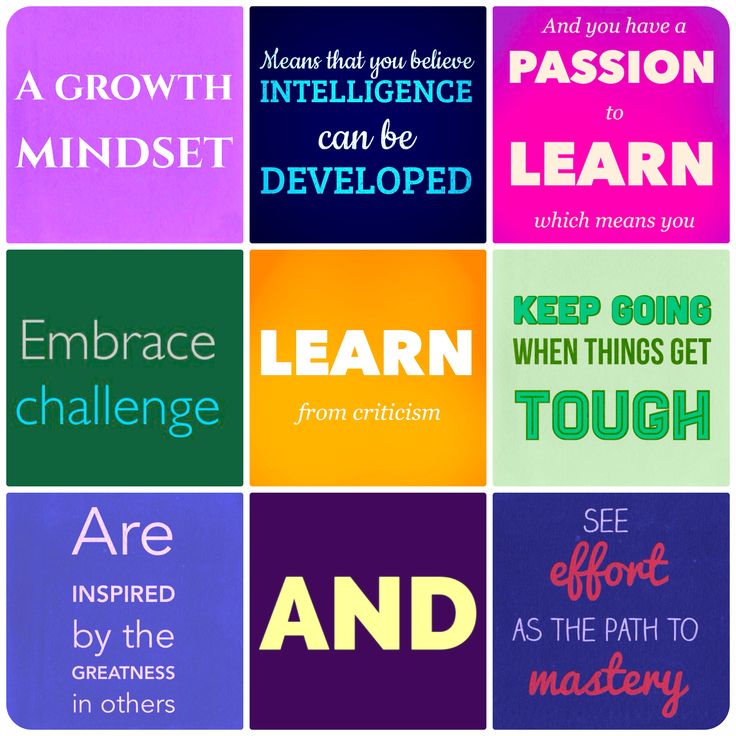
Arranging them in the album, she asked what was depicted on them, and this was a serious task for us: to find out what kind of building or landscape it was, to explain how this or that person deserved this honor - to be placed on a stamp. So collecting has become an exciting activity for the whole family. But for the daughter, the selection process was especially important and responsible - it depended only on her, and she took it very seriously.
Once my old friend visited us, and my daughter proudly showed him her rather large collection. A friend, slapping his forehead, suddenly exclaimed: “But my daughter also collected stamps, and she has four large albums that she no longer needs - I will give them to you!” – and in a couple of days brought these albums.
In the first days, my daughter was delighted and constantly flipped through them. But when it came time to go for the next three brands, I did not notice her former enthusiasm. The richness of the new albums overshadowed everything - what are three more brands compared to the hundreds that she already owns! Soon she stopped flipping through the albums - both received as a gift and her own, and put them on the far shelf, completely cooling off for this occupation. What happened?
What happened?
The main thing for my daughter in the process of collecting was not the increase in the number of stamps, but the very process of their selection and subsequent combination, which was entirely left to her. She and she alone had to choose from many possibilities, mentally imagine what she liked best and in what combination. It was creativity, a search that mobilized the imagination and at the same time increased self-awareness - after all, "I create all this." Perhaps I felt it intuitively, which is why I bought only three brands each time ... My daughter was inspired by the fact that she opened up new opportunities. And the sudden acquisition of four albums turned her from a creator into an heiress, into the owner of the finished one.
It is the ability to overcome and interest in tasks that cannot be solved right away that is most important in the process of both learning and life
Often parents cannot overcome their desire to give their children everything they want, to provide them with ready-made solutions. However, without enthusiasm from the possibility of one's own choice and its active implementation, existence in the adult world (where nothing is brought to you on a plate) is difficult. And if the child is very unlucky (I didn’t make a reservation - it’s just unlucky) and he gets what he wants without effort (and not only in childhood), it will end very badly for him.
However, without enthusiasm from the possibility of one's own choice and its active implementation, existence in the adult world (where nothing is brought to you on a plate) is difficult. And if the child is very unlucky (I didn’t make a reservation - it’s just unlucky) and he gets what he wants without effort (and not only in childhood), it will end very badly for him.
If the need for initiative and active search does not find application and fades away, a person will either become an asocial personality, realizing his activity in a destructive direction, or fall ill. There is an inverse relationship between active search behavior and health: search with elements of risk is needed to cope with life's difficulties, this requires large resources from the body, and search activity itself increases them.
The problem of school performance is also connected with this. Parents often turn to me, surprised that their child, who has already discovered his abilities and so easily, almost playfully, without spending time and effort, studied in the elementary grades, grasping everything on the fly, suddenly began to lag behind in the senior classes.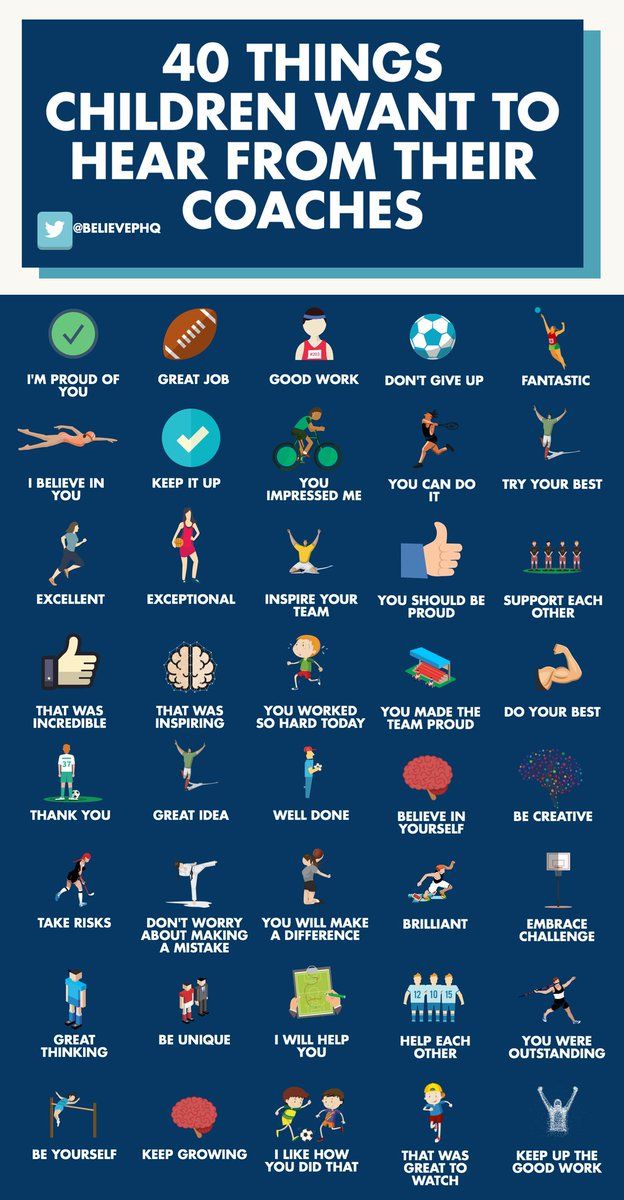 And that's why he began to lag behind, because earlier he did not need any efforts, and he did not develop readiness and interest in overcoming, in challenging. It is the ability to overcome and interest in tasks that cannot be solved immediately that are most important in the process of both learning and life. The desire of parents to make the life of the child as comfortable as possible and give him everything ready-made does not give him the opportunity to prove himself, to prove to himself that he is capable of something.
And that's why he began to lag behind, because earlier he did not need any efforts, and he did not develop readiness and interest in overcoming, in challenging. It is the ability to overcome and interest in tasks that cannot be solved immediately that are most important in the process of both learning and life. The desire of parents to make the life of the child as comfortable as possible and give him everything ready-made does not give him the opportunity to prove himself, to prove to himself that he is capable of something.
Studying in high school is no longer spontaneous children's creativity, it requires concentration and the ability to change strategies. The lack of experience of personal initiative, personal choice from various possibilities can paralyze the will of a teenager, who is used to receiving everything as a gift from life, a gift for talent that has fallen from heaven. Therefore, one should not admire this as a sign of genius, but encourage the emergence of interests and activities in him, corresponding to the level of his giftedness.

 .. to let you know that I also want to... accept the challenge.
.. to let you know that I also want to... accept the challenge. 